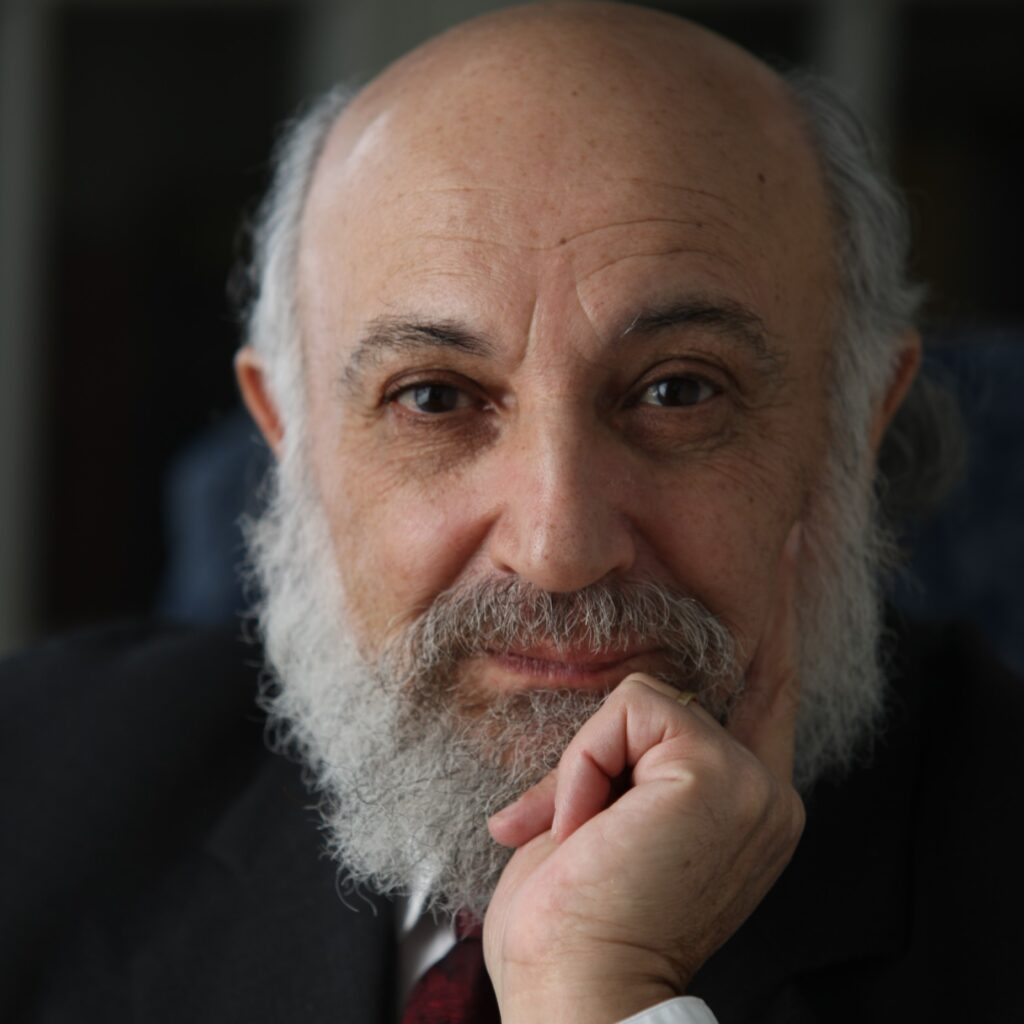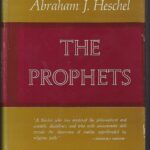Dr. Harold Kasimow
He remains the most important spiritual teacher of my life.

Emeritus Professor, Grinnell College
Grinnell, Iowa
A Jewish Perspective
I was a student at JTS from 1956 to 1961. In 1957 I took two courses with Professor Heschel: one on Genesis with an emphasis on Rashi’s interpretation and one on Jewish theology in which we read Heschel’s book God in Search of Man. In 1971, when I was a graduate student at Temple University, in preparation for my dissertation on Heschel, I traveled from Philadelphia to New York City once a week to attend a seminar that Heschel was teaching to his rabbinical students on his book Torah min Hashmayim. After every class I went to his office where Heschel gave me many sources for my thesis. When he left, I walked him home. Sometimes we would converse in Yiddish, our common birth language.
I was very challenged by the statement that “Providence may someday create a situation which would place us between the river Jordan and the river Ganges,” from his book God in Search of Man. To me, this statement seemed to mean that Professor Heschel was encouraging dialogue between Jews and members of Asian religions. So I devoted a great deal of time to the study of Asian religions. I was even more challenged by his essay “No Religion Is an Island,” where he argues that no religion has a monopoly on truth or holiness and says “In this eon, diversity of religions is the will of God.” In my books on Heschel, I have devoted a great deal of time to his vision of other faiths.
Heschel, who devoted his life to love and peace, was for me not just a superlative teacher but my interreligious hero. He remains the most important spiritual teacher of my life. At Grinnell College, I have offered a seminar: Abraham Joshua Heschel: A Jewish Saint of the 20th Century. Here are just a few of his ideas that I think may have been very moving for students at Grinnell, most of whom were not Jewish:
1. Human responsibility rather than divine responsibility. Heschel said “few are guilty but all are responsible.” I devote a great deal of time to this issue, especially when we read Simon Wiesenthal’s The Sunflower, to which Heschel contributed a response.
2. Heschel always looked for harmony and the positive. Heschel said “just to be is a blessing, just to live is holy.” Very often, I showed the interview that he had with Carl Stern just before he died. The interview ended with Heschel’s message to young people: “Remember that there is meaning beyond absurdity. Know that every deed counts, that every word is power . . . Above all, remember that you must build your life as if it were a work of art.” I think this was a very powerful message for my young students.
3. His stress on wonder and radical amazement. Heschel said, “Our goal should be to live life in radical amazement . . . Get up in the morning and look at the world in a way that takes nothing for granted. Everything is phenomenal; everything is incredible; never treat life casually. To be spiritual is to be amazed.” He also said “I have one talent, and that is the capacity to be tremendously surprised, surprised at life, at ideas. This is to me the supreme Hasidic imperative: Don’t be old. Don’t be stale.”
4. His engagement with the Civil Rights Movement and his stress on social justice.
Heschel may be best known for his 1965 Selma to Montgomery march with Martin Luther King, Jr. After the march he wrote, “I felt my legs were praying.” He was also an early activist against the war in Vietnam and in the plight of the Jews in the Soviet Union.
I focus on his great contribution to interreligious dialogue and on his original idea of pathos. I always remember to tell my students what Heschel once wrote (or perhaps just said in class), that if he could teach only one central idea from Judaism, it would be, "And God said I will make man in my image after my likeness, and God created man in his own image, in the image of God He created him; male and female, He created them."
Additional Text:
Interfaith Affinity: The Shared Vision of Rabbi Heschel and Pope Francis
